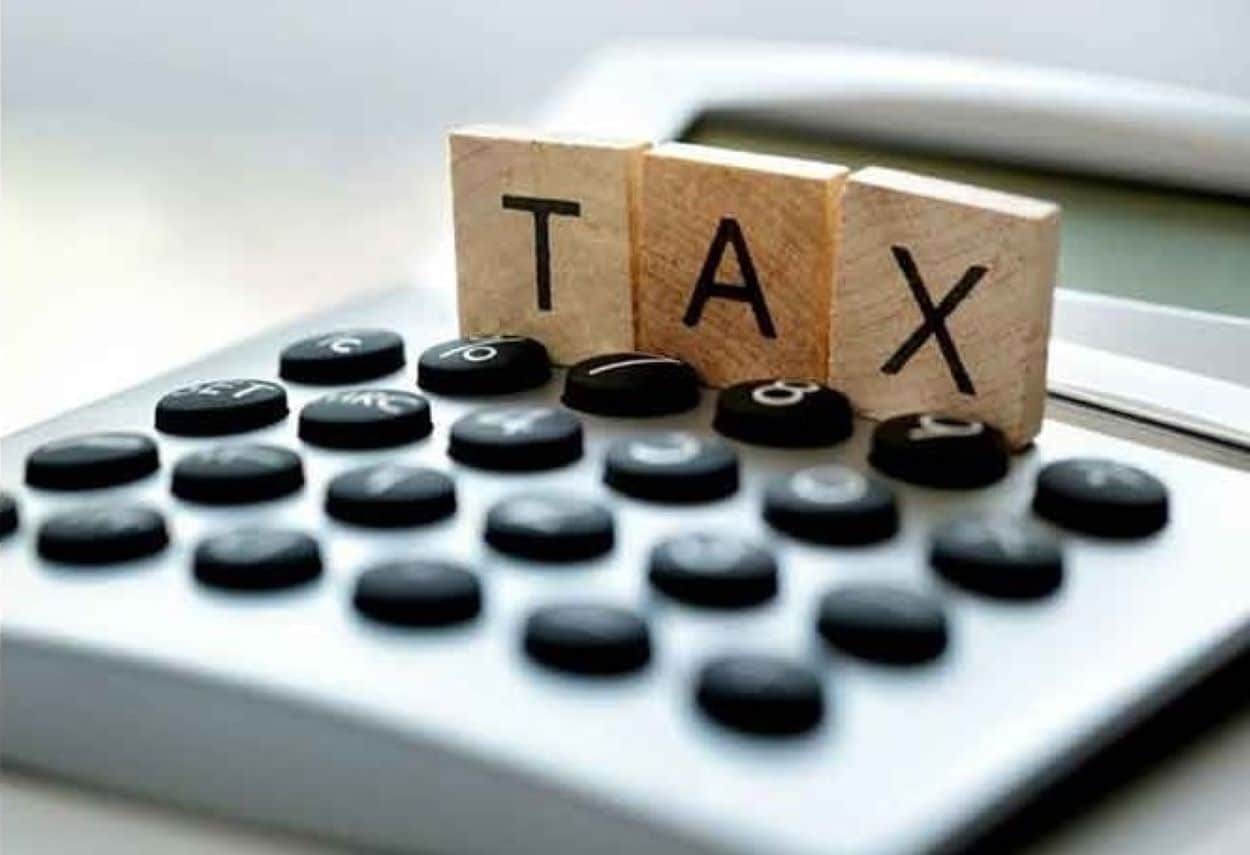The federal government of Pakistan has unveiled its fiscal year 2024-25 budget, which introduces several fiscal measures impacting the salaried class amid ongoing inflationary pressures.
The budget, primarily addressing tax revenue goals, disproportionately places the financial burden on the salaried class, potentially exacerbating their economic challenges. While the budget includes salary increases for public-sector employees, it offers no such assurances for private-sector employees.
A key feature of the new fiscal policies is the adjustment of income tax brackets. Individuals earning up to 50,000 PKR per month will benefit from an exemption from income tax. However, those with annual incomes between 600,000 and 1.2 million PKR will now be subject to a 5% income tax rate. Additionally, for individuals earning up to 100,000 PKR monthly, the income tax rate remains at 5%, but the tax due has been increased from 1,250 PKR to 2,500 PKR per month.
The tax rate has been set at 15% for those earning between 1.2 million and 2.2 million PKR annually. This rate also applies to monthly earners of up to 183,344 PKR, with their monthly income tax increasing from 11,667 PKR to 15,000 PKR.
Citizens with yearly earnings between 2.2 million and 3.2 million PKR are now taxed at a rate of 25%, impacting those with monthly incomes up to 267,667 PKR. Their income tax obligation has risen from 28,770 PKR to 35,834 PKR monthly.
The tax rate has escalated to 30% for those in the higher income bracket, who earn between 3.2 million and 4.1 million PKR annually. This adjustment affects individuals with monthly salaries up to 341,667 PKR, increasing their income tax from 47,408 PKR to 53,333 PKR. Additionally, individuals earning an annual salary of 4.1 million PKR will now face an income tax rate of 35%.
These fiscal adjustments reflect the government’s strategy to stabilize economic conditions while ensuring revenue generation through direct taxation. The changes highlight a significant shift in tax policy, emphasising ensuring fiscal sustainability amid economic challenges.






